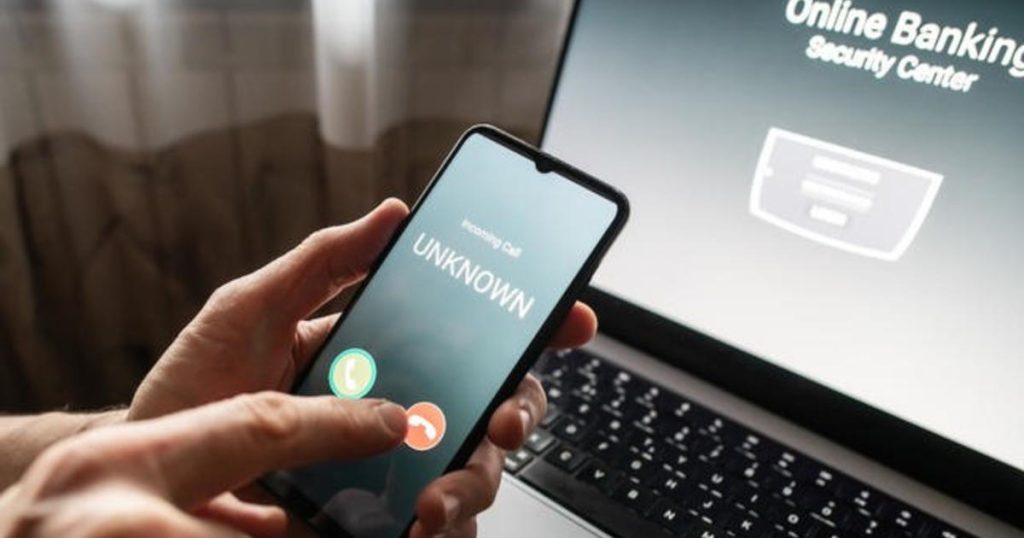Americans are losing millions of dollars annually due to criminals stealing money from their bank accounts through fraudulent wire transfers. As a result, some U.S. senators are questioning major banks about their efforts to combat these scammers. The Senate Banking Committee sent a letter to JP Morgan Chase, Citibank, Bank of America, and Wells Fargo, urging banks to reimburse consumers for unauthorized transactions, especially those involving fraudulent wire transfers. Several bank customers, including Jennifer Davis, Andrew Semesjuk, Nikki Kelly, and Karen Roe, shared their experiences of falling victim to wire fraud scams and losing substantial sums of money.
Karen Roe’s story is a common one – she received a call from someone claiming to be from Chase Bank asking her to verify a transaction on her account. After providing an authentication code, the scammers used it to authorize a wire transfer out of her account, resulting in the loss of $27,000. Despite reporting the incident to law enforcement, Chase refused to reimburse her, claiming the transactions were authorized. This lack of responsibility from banks has left victims feeling abandoned and financially devastated.
Consumer experts have pointed out a loophole in regulations, specifically the Electronic Funds Transfer Act (EFTA), which exempts wire transfers from the same protections offered in other banking transactions. This exemption allows banks to avoid reimbursing customers for losses due to wire transfer fraud. The National Consumer Law Center argues that closing this loophole would incentivize banks to improve their security measures. Senator Sherrod Brown has called for better protection for consumers and is pressing banks for more transparency on the number of victims and amounts lost to wire transfer fraud.
A CBS News analysis revealed a significant increase in consumer complaints about wire fraud to JP Morgan Chase from 2020 to 2023. Despite these alarming trends, the four major banks, including Chase, declined to comment on the Senate Banking Committee’s letter. In response, Chase emphasized its ongoing efforts to protect customers from fraud and provided scam prevention tips for consumers. However, Chase’s CEO, Jamie Dimon, has expressed reluctance in shouldering the responsibility to “subsidize” criminal activity and called for stronger government intervention to combat wire transfer fraud schemes.
In conclusion, the surge in wire transfer fraud cases underscores the urgent need for enhanced consumer protection measures and stricter regulations for banks to safeguard customers’ funds. The Senate Banking Committee’s inquiry into major banks’ responses to wire transfer fraud highlights the importance of holding financial institutions accountable for protecting their clients. By addressing loopholes in existing laws and fostering collaboration between banks, regulators, and law enforcement agencies, it is possible to reduce the prevalence of wire transfer scams and minimize financial losses for consumers.


